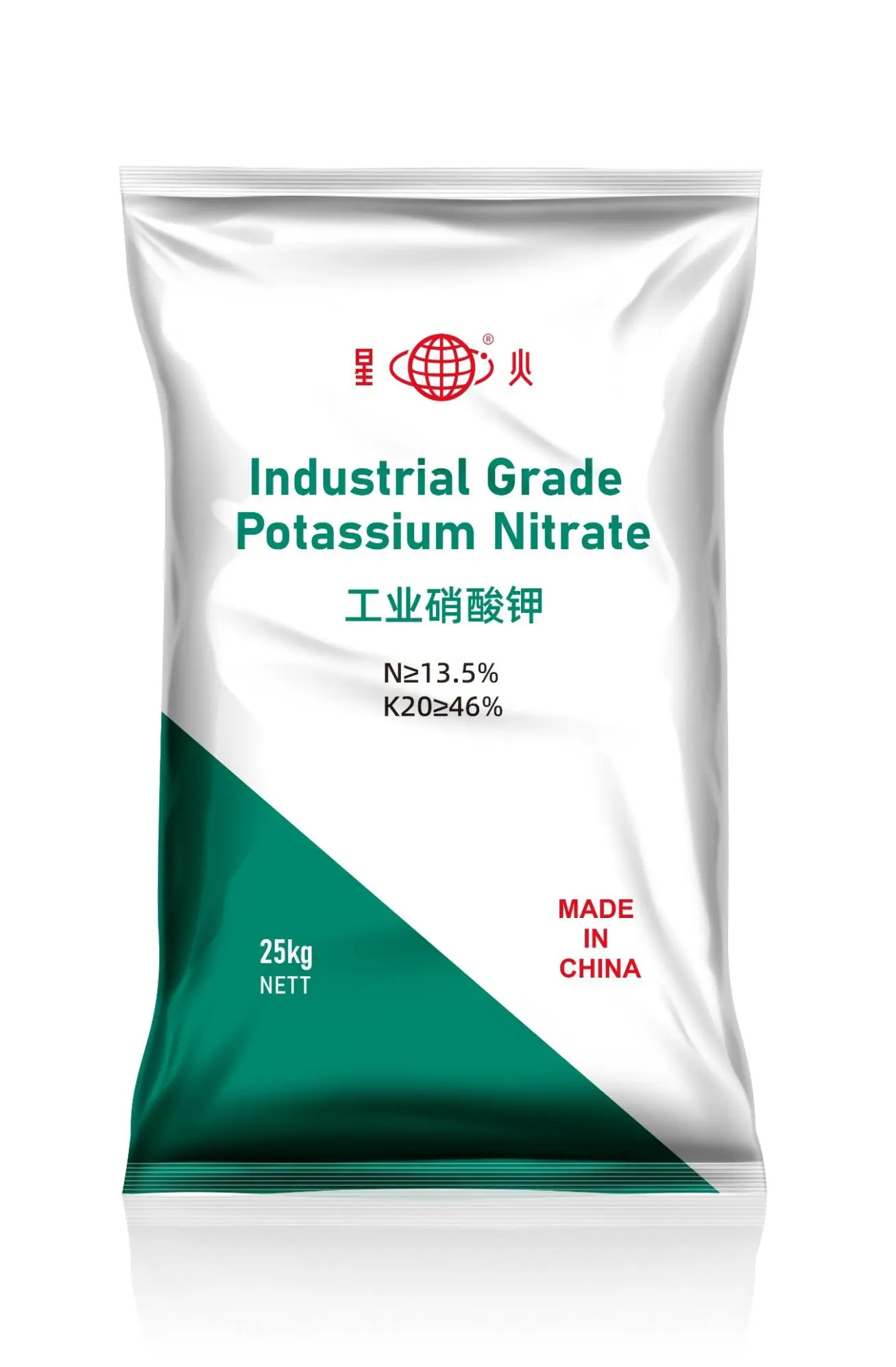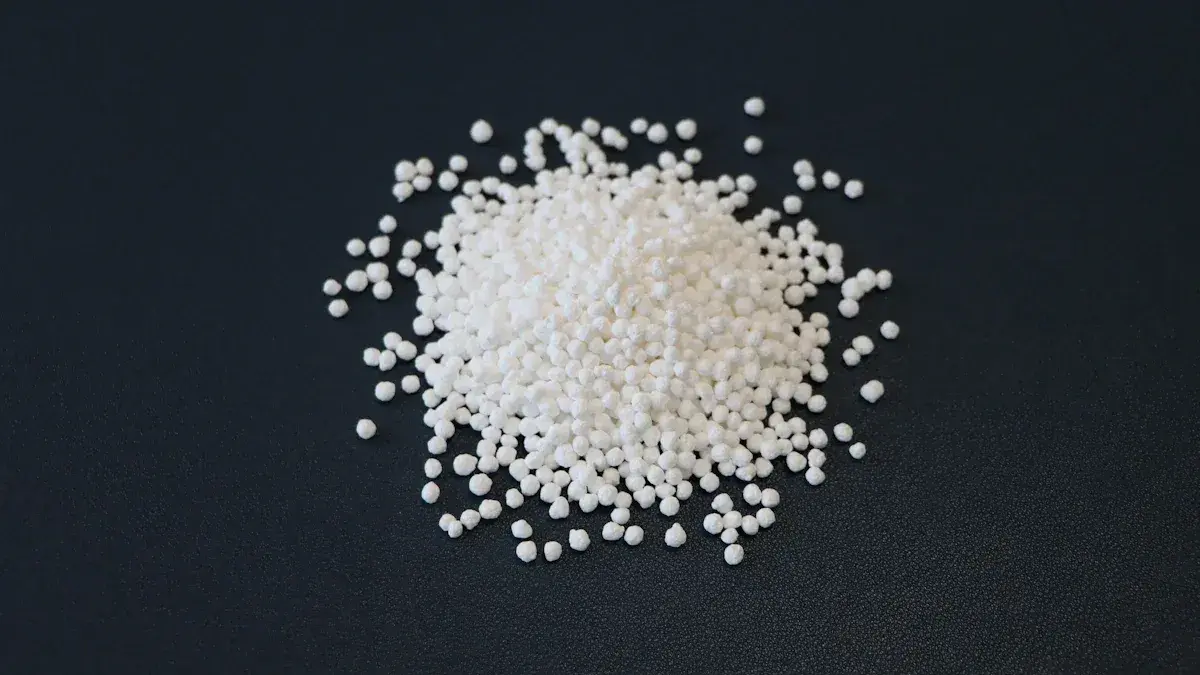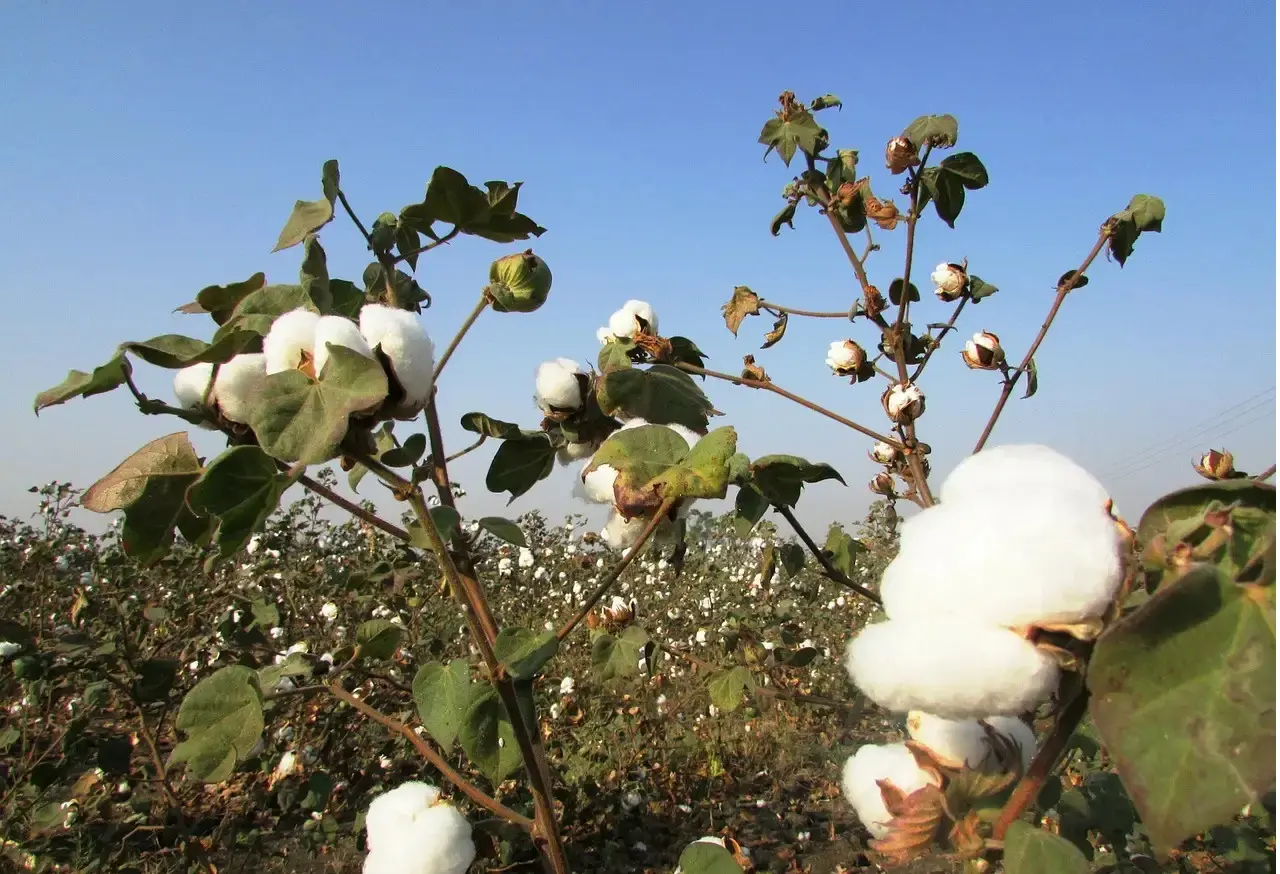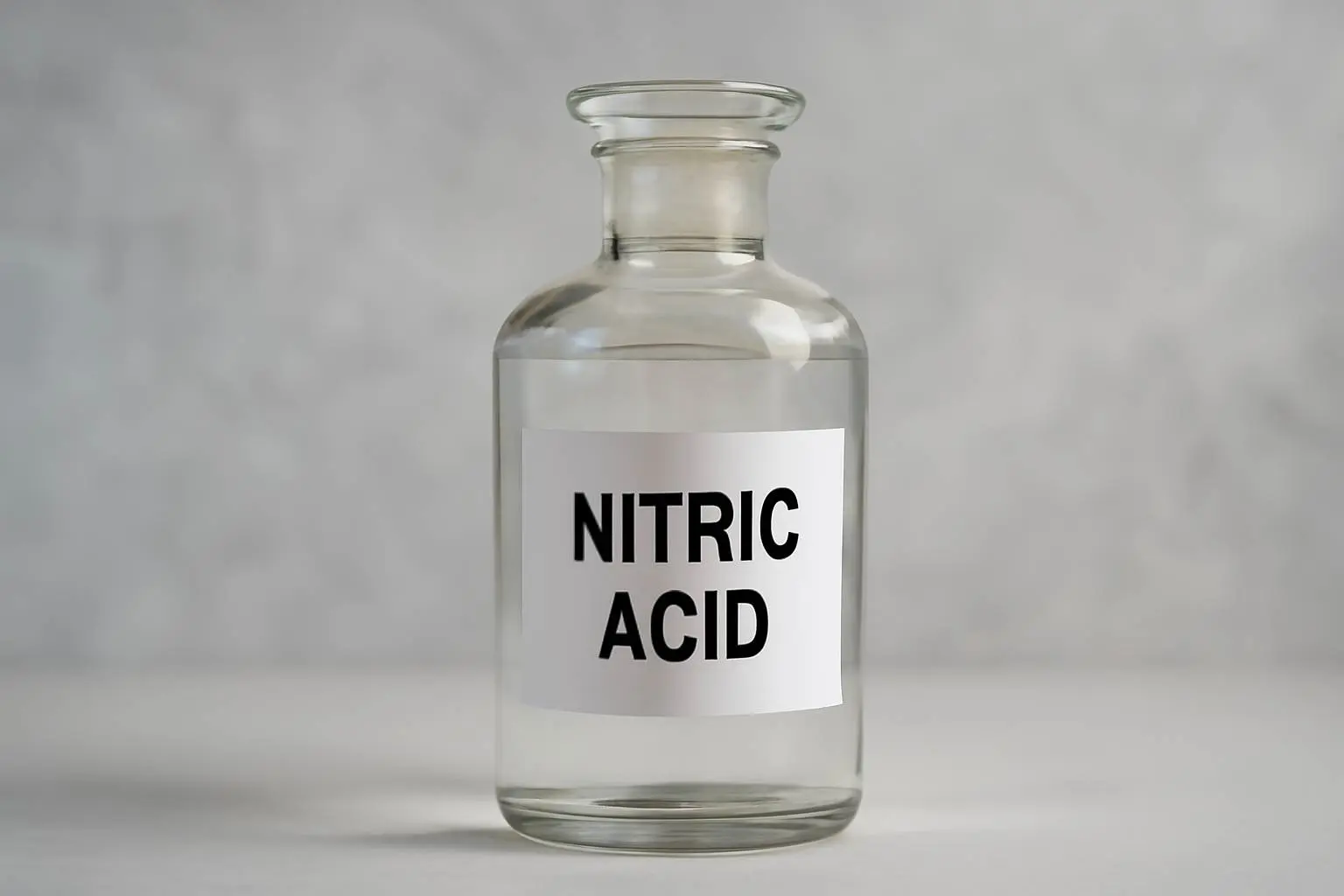Beirut and Tianjin: When Ammonium Nitrate Safety Fails
Ammonium Nitrate (NH₄NO₃)—a common fertilizer and industrial explosive—is a deceptively simple white crystal. Classified as porous or industrial-grade, it dissolves rapidly in water, clumps when exposed to moisture, and releases intense heat when mixed. But stored improperly, it becomes a silent killer: heat, shock, or contact with alkalis can trigger catastrophic explosions.
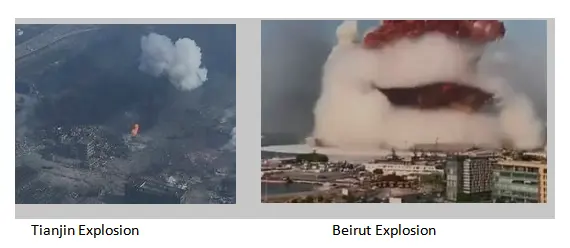
The Human Cost:
On August 4, 2020, 2,750 tons of ammonium nitrate—left forgotten in Beirut’s port for six years—erupted without warning. The blast killed 218 people and made 300,000 homeless. Five years earlier, similar negligence in Tianjin’s port claimed 165 lives when poorly stored chemicals, including ammonium nitrate, ignited.
Tianjin Explosion:
Approximately 800 tons of ammonium nitrate were illegally stored alongside 40+ other hazardous chemicals—including calcium carbide and nitrocellulose—in a general-purpose warehouse. The facility violated safety standards with no temperature control or fire barriers, and was located merely 600 meters from residential areas—grossly breaching minimum safe distances.
Beirut Explosion:
A staggering 2,750 tons of ammonium nitrate sat unsecured in a port warehouse for six years, exposed to damaging high heat and humidity. This caused packaging degradation and dangerous caking. Compounding the risk, the material was stored adjacent to densely populated zones and a fireworks depot—creating a lethal double hazard.
Why Safety Systems Collapsed:
- Storage Breakdowns
Beirut: Cargo languished for years in sweltering warehouses.
Tianjin: Chemicals were stacked illegally near flammables. - Regulatory Black Holes
Beirut: Authorities "passed the buck" while danger grew.
Tianjin: Inspectors missed blatant violations. - Complacency
Workers and managers alike underestimated the ever-present explosion risk. - Unprepared for Disaster
Neither city had sensors or plans to contain fires before they detonated.
Building Unshakeable Safeguards:
- Rethink Storage & Transport
→ Isolate ammonium nitrate in dedicated facilities farfrom cities/heat sources.
→ Mandate 24/7 humidity/temperature monitoring with auto-fire suppression.
→ Track shipments via GPS with strict transit timelines. - Embrace Safer Alternatives
→ Adopt stabilized forms (e.g., liquid solutions, coated granules).
→ Use AI-powered sensors to detect abnormal conditions beforecrises erupt. - Cultivate Vigilance
→ Train workers with real-life drills—not just paperwork.
→ Protect whistleblowers who expose risks.
Final Call:
Beirut’s and Tianjin’s scars remind us: ammonium nitrate is indispensable to modern life—but only relentless rigor can tame its dangers. We owe the victims more than remembrance; we owe the living uncompromising safety. Every step forward—every warehouse secured, every worker trained—honors those lost and lights the way to a safer world.


